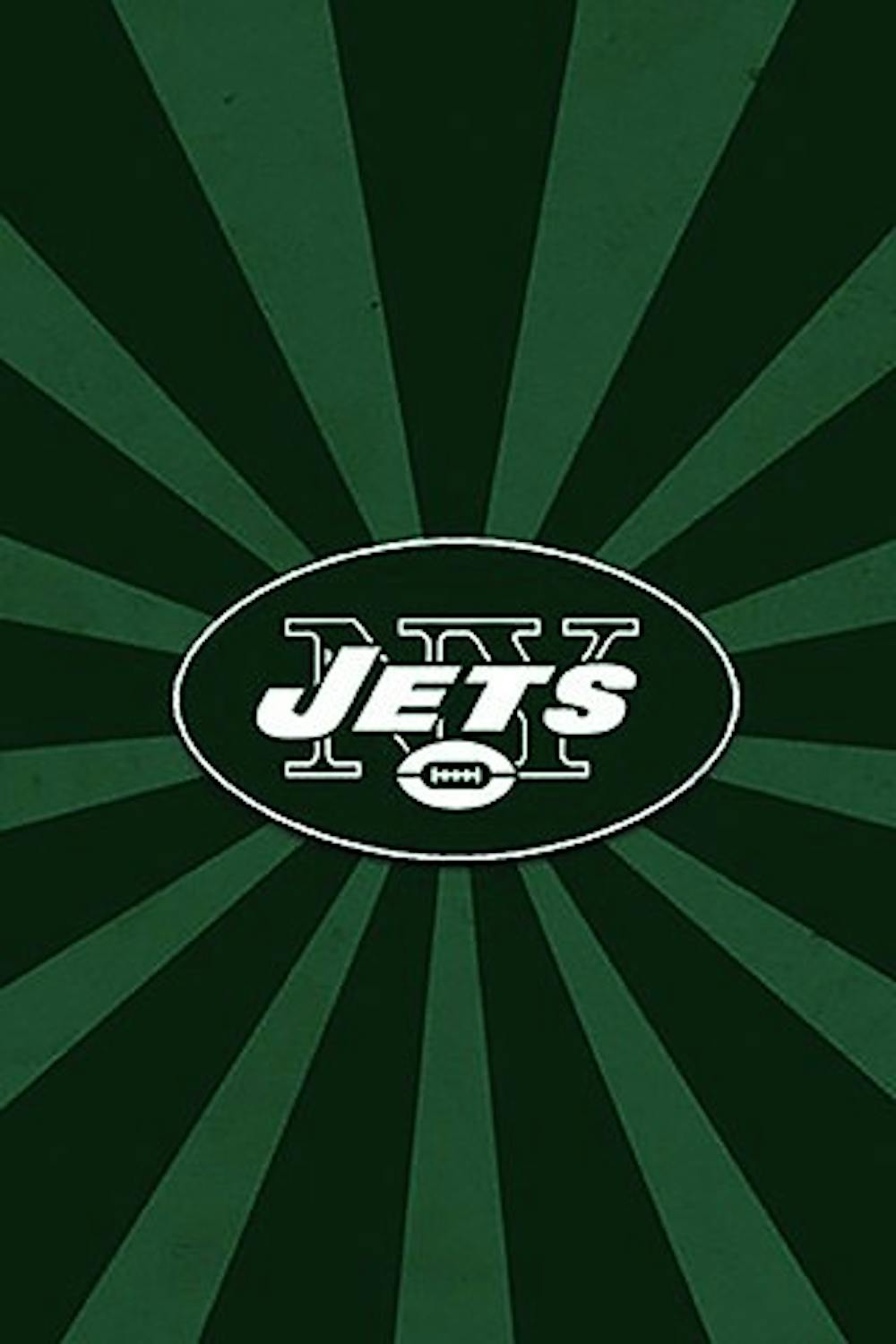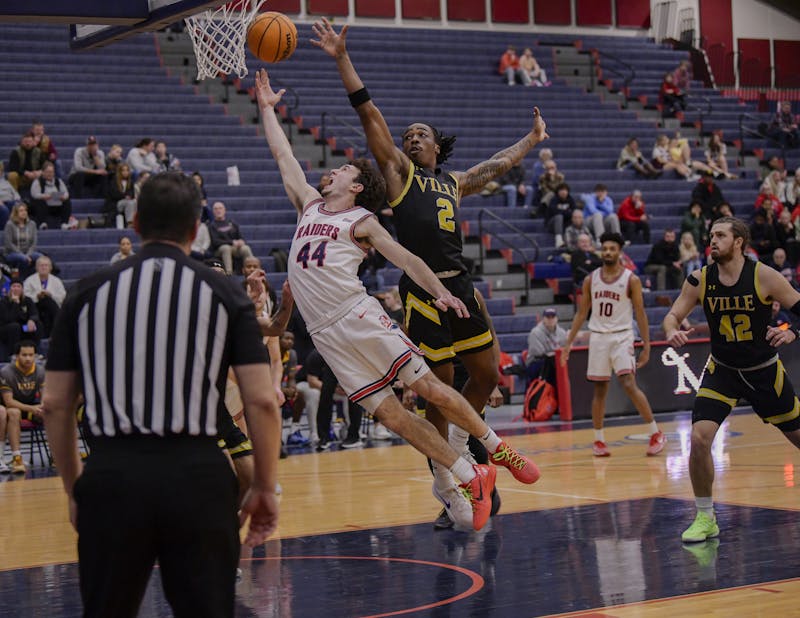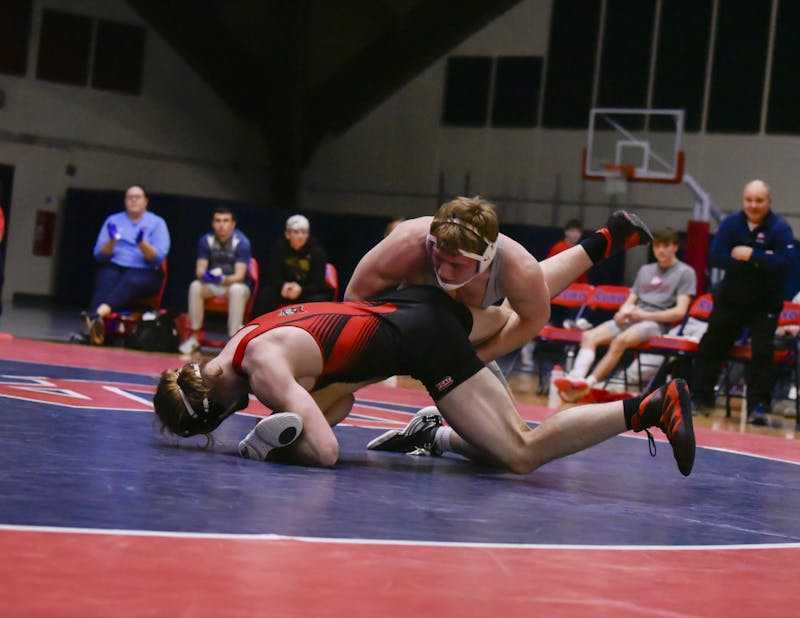Many children enjoy spending time tossing a football around, pretending to be Peyton Manning or Joe Montana. Many grow up with dreams of being a professional football player and hoisting the Lombardi Trophy. However, few people are able to achieve that spectacular feat. Ralph Baker is an exception.
Ralph Baker played 11 seasons in the NFL and was a member of the 1968 Jets, who defeated the Baltimore Colts 16-7 in Super Bowl III. Super Bowl III is famously known for Jets quarterback Joe Namath guaranteeing victory over the heavily favored Baltimore Colts.
Baker played college football for Penn State University, earning most of his time at defensive end and linebacker, even though he also got some reps as an offensive center. Baker was named a team captain for the Nittany Lions in 1963 and Penn State participated in the Gator Bowl in Baker’s sophomore and junior seasons.
“Being a team captain was one of the biggest surprises in my entire football career. At that time the players elected a captain and I never expected to receive that honor so that was really a highlight in my college career,” Baker said.
“Playing at Penn State was really great and my junior year, the year we went 9-1 and we lost the Gator Bowl, we had a really good chance at being National Champions that year. I think we did end up like no. eight in the country, but we just never could beat Army. The three years I played there we lost to Army three times, always by a field goal.”
Baker was also a participant in the East-West Shrine Game, the Hula Bowl, the All American Game and also the College All-Star Game, which was played against the NFL Champion Chicago Bears.
After his collegiate career, two teams drafted Baker. He was drafted into both professional football leagues at the time — The AFL and the NFL. Baker was drafted by the Pittsburgh Steelers in 1964 and he was also drafted 43rd overall in the AFL Draft by the New York Jets. Baker made the decision to play for the Jets and played all 11 seasons of his professional football career with the Jets, donning the number 51 jersey.
“At that time there were two separate leagues, so they had two different drafts so most of the people who were drafted were drafted into both leagues. I was drafted third by the Steelers and sixth by the Jets, but there were only six teams in the league in the AFL at that time so I was somewhere between the 40th and 48th player drafted,” Baker said.
“The reason I went to the Jets was that I figured I had a better opportunity of playing right away with the Jets. They also told me I could play in the middle where I wanted to play, but then they traded for a middle linebacker so I got moved to the outside anyway.”
In 1968, Baker made one of the key plays that ensured the Jets a spot in Super Bowl III. In the AFL Championship, Baker recovered a backward screen pass intended for Charlie Smith from Daryle Lamonica right at the two-minute warning, keeping the Oakland Raiders out of the end zone and sending the Jets to a matchup in Super Bowl III with the Baltimore Colts.
“We played the Oakland Raiders in a game like three weeks before the AFL Championship game and we played them out in Oakland and I think we were ahead with less than two minutes left in the game and they ran this play where they sent the two backs out of the backfield where one went straight down the field and the other one flared out in the flat,” Baker said.
“Daryle Lamonica was the quarterback and he threw the ball down the field to the player and he took it in for a touchdown and we ended up losing the game and that was the infamous Heidi game which led to a change in how TV broadcasts are done today,” Baker said.
“Anyway, it was the exact same play in the championship game except this time the guy who flared out in the flat was the intended receiver Charlie Smith and it turned out to be a backwards lateral and I was able to scoop it up. Of course I ran about 80 yards but it didn’t count for a touchdown. We got the ball and with them on the 12 yard line going into score so that prevented them from scoring.”
Super Bowl III is best known for “The Guarantee.” Namath, one of the greatest quarterbacks in NFL history, was out at dinner being heckled about his matchup with the Colts, hearing repeatedly that his team would be slaughtered in the Championship, after the AFL participant in the first two Super Bowls were defeated by the Green Bay Packers by a combined 44 points. Namath, who felt extremely disrespected, told reporters that he guaranteed that the Jets would win the game and defeat the Colts.
“What it was, was Namath was out at dinner and someone was heckling him, saying you guys are going to get killed. The other two AFL teams prior to you got killed and you guys are going to take a worse beating and I think that’s when he more or less got up and said ‘we’re going to win the game and I guarantee it,’” Baker said.
“At first our coach Weeb Ewbank never was in favor of giving the opponents anything to put on their bulletin board and the next day it was all over the papers that Namath guaranteed victory and I expected us to get a big lecture from Weeb saying you shouldn’t be going out and saying these things and making it tougher on yourself but it never happened and I think that helped. Namath was our offensive leader and when your leader says this is what’s going to happen I think everyone starts believing if there were any doubts.”
In Super Bowl III, Baker also played a crucial part in the Jets coming away with the victory, recovering a football fumbled by Tom Matte to set up a field goal to give the Jets a 10-0 lead right after halftime.
“At halftime we were ahead 7-0 and we kicked off to them to start the second half and the first play I believe it was Tom Matte and he ran through the line and coughed the ball up and I picked it up and I fell on it first to make sure I had it and then ran for like a yard or two and got tackled right away. It was down inside the 20 yard-line and we eventually kicked a field goal which made it 10-0,” Baker said.
Baker also recorded four tackles in the game. The Jets’ defense forced five Baltimore turnovers in the 16-7 Super Bowl III win.
The victory for the Jets was significant because, after the game, the AFL started to gain more respect for the type of talent it had. After Super Bowl III, the AFL and NFL began to merge, starting the formation of the NFL that we have today.
“The first two Super Bowls were wipe-outs by the NFL so when we got there, nobody gave us a chance even though we had a pretty good team. We were able to go down there and be relaxed and not have a lot of pressure on us and it worked out really well and of course, we won the game. In my opinion, it was the most important of all the Super Bowls ever played, because it forced the merger of the AFL and the NFL to create the league we have now,” Baker said.
Baker was extremely successful throughout his NFL career, intercepting 19 passes and returning two of his interceptions for scores. Baker started every game of the 1968 Super Bowl season, including 14 regular-season games and two playoff games.
“Well I wish I could’ve counted all the interceptions I had in preseason because I think I had more then than in the regular season but I never really thought I had good hands. I couldn’t hold onto the ball at all but as time went on my hands got better and I started to get the interceptions but that was always a thrill to run the ball and the last interception I had was a 67 yard touchdown run against Buffalo,” Baker said.
Baker would return to New York as a linebacker’s coach from 1980-1984.
Baker’s football career was extremely successful and in celebration of Super Bowl XL, remembering a former hero in Super Bowl III is something very special. Super Bowl 50 is set to be a celebration of former Super Bowls and this year is set to be one for the ages between the Carolina Panthers and Denver Broncos.




The Slate welcomes thoughtful discussion on all of our stories, but please keep comments civil and on-topic. Read our full guidelines here.